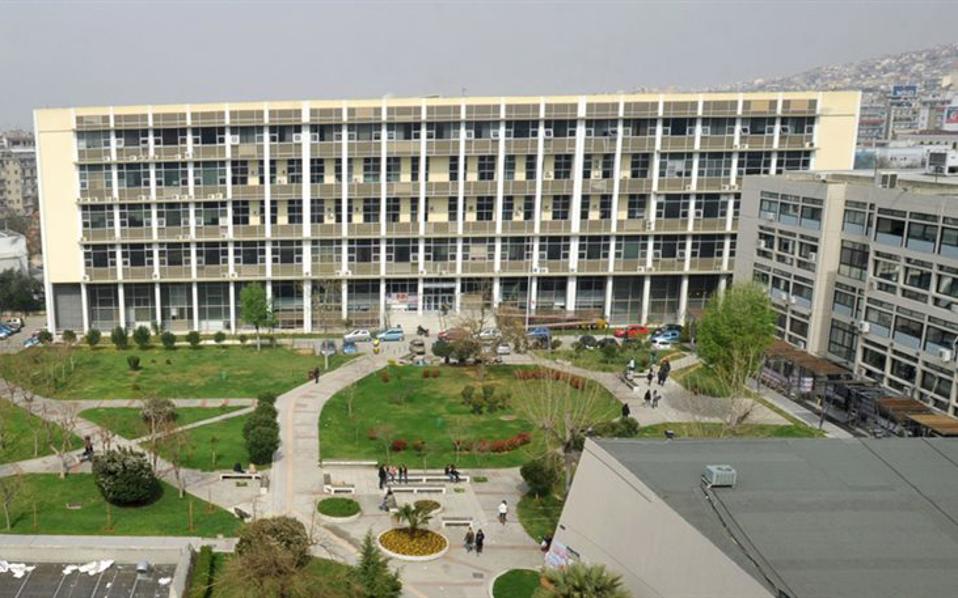Rise in transfers putting strain on bigger universities

Looser regulations governing student transfers between universities introduced under the previous leftist-led government have resulted in a steady rise in first-year student populations, putting a strain on resources at Greece's most popular universities.
Figures show a steep increase in transfers over the past four years, to 10,130 in the 2019-20 academic year, from 8,982 in 2018-19, 7,574 in 2017-18 and 7,258 in the 2016-17 academic year.
The University of Athens, which had admitted 7,836 new students for the current academic year, saw its first-year student body boosted by an additional 1,600 transfers.
Similarly, the National Technical University of Athens added 410 students to its initial first-year intake of 1,256 – an increase of 33 percent – while the Athens University of Economics and Business saw its first-year student population grow 25 percent with 409 transfers.
At the Aristotle University of Thessaloniki – the country’s biggest – transfers added 1,870 students to an initial total of 6,554 first-years.
Issues have also arisen as a result of the previous government’s decision to upgrade technical colleges (TEIs) to university status, allowing students who got into a TEI with a grade of 4/20, for example, to transfer for family or financial reasons to a university where their fellow students passed the university entrance exam with a score of 16/20.
Critics say that apart from putting an additional strain on the most popular universities due to students seeking to upgrade their degree to that of a more prestigious institution, TEI transfers may struggle to keep up with the syllabus and more advanced students could be deprived of the opportunity to move forward at a faster pace.





